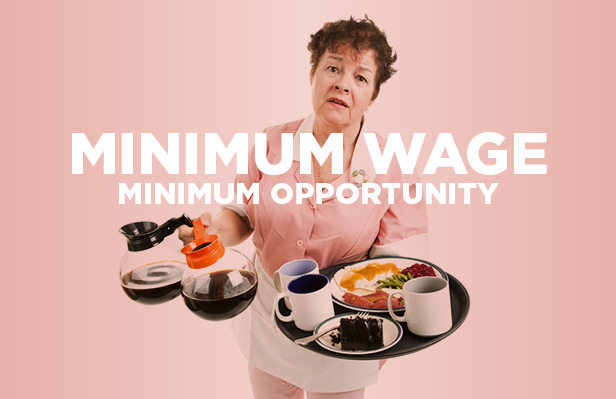Media

Minimum Wage, Minimum Opportunity
In 2007, the Philadelphia Youth Network needed to cut 1,100 jobs for inner-city teens. Why? Because they couldn’t afford to place as many teens in jobs under the higher minimum wage.
In the end, the organization was able to secure additional funding to maintain job placements, but the experience of Philadelphia Youth Network demonstrates how the minimum wage harms, not helps low-income workers.
Raising the minimum wage is ineffective for two reasons: Most low-income breadwinners do not make the minimum wage and minimum wage hikes actually shrink the number of available jobs.
First of all, the majority of Pennsylvania’s minimum and near-minimum wage earners reside in households with an annual income above $40,000 a year. Only 10% of PA min wage earners are single parents who qualify for the federal EITC.
Secondly, minimum wage hikes reduce job opportunities. In 2006, a comprehensive review of more than 100 studies found, in the vast majority of cases, raising the minimum wage increases unemployment for low-wage workers. A 10% increase in a federal or state minimum wage actually decreased employment for black males by 6.5%, according to a 2011 study.
The bottom line is a higher minimum wage makes it harder for employers to offer opportunities to those who need it most.
So how do we help families struggling to make ends meet? A one-percentage point drop in the state’s corporate tax rate would increase annual economic growth by 0.1 to 0.2%, leading to higher productivity, which means more jobs and higher wages. Pennsylvania can also scale back professional licensing to give low-wage earners the opportunity to increase their incomes through entrepreneurship.
Advocates for low-wage workers should be pursuing reforms that work, not policies that raise some workers wages at the expense of others.